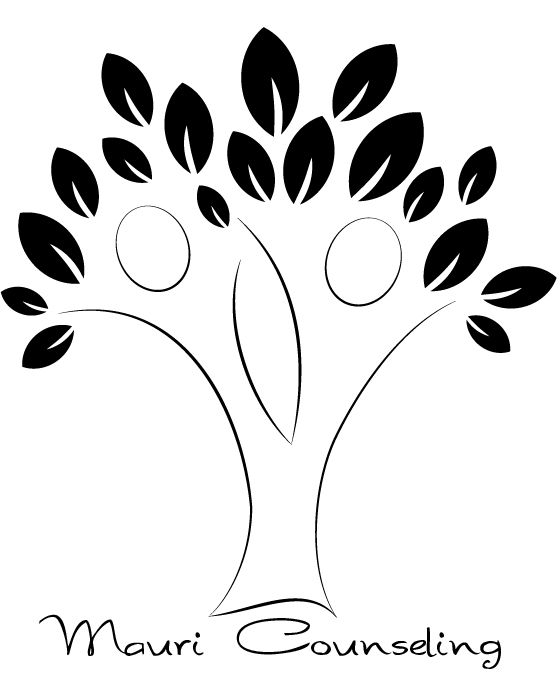It is easy to start defining ourselves, and those we love, narrowly. Simple explanations can help us to quickly assess the situation and make quick decisions about what is happening, what we should expect, and what we should do. In fact, our brains are wired to determine some things that relate to safety almost instantly, such as if someone is trustworthy. Knowing what is going on or who someone is can give us a sense of control. In addition, we hear people define others narrowly all the time; and we probably do it ourselves. She is selfish. He is kind. They are proud. She is trustworthy. He is a jerk. And in those moments when we need to make a determination quickly about if we can trust someone or what we should do, these shortcuts are very helpful.
However, some times it can begin to feel as though we are these things that others or ourselves have labeled us. Sometimes the concepts we are using to describe ourselves aren’t broad enough and don’t allow for the complexity of our experience, or allow us to be our whole selves. When this happens, it can begin to feel that these are the only things that we are or the only things that we feel. If I have a narrow definition of myself then I am not able to access other parts or feelings that I have and this can contribute to feeling stuck. If all I am is a jerk, for example, then it is hard for me to access the parts of myself that do feel compassion or do want to be close to other people. This can contribute to me to feeling lonely and isolated.
One way to get around this is by expanding your understanding of yourself and others. One way you can do this is by using and. This can help us to remember that we can be more than one thing. I am angry and I am hurt. They are grateful and sad. Often when a client defines themselves narrowly, I will prompt them with “and?” in order to ask them to expand on their experience. This helps to free up their understanding of themselves or their partner and allows for more room to maneuver in the world.
Often people will use the word but to combine two feelings or concepts. This often ends up feeling as though one feeling or state negates the other. If someone were to say, “I understand what you are saying, but I am angry with you” it can feel as though last part is more important and/or negates the first part. This means that you only hear the part where they are angry, and completely miss any understanding that they were trying to convey. This is true for messages that you tell yourself as well. If you tell yourself, “I am a good person, but I really messed that up” chances are you only really remember the part where you criticized yourself for messing up. Using the word and instead feels different. Saying, “I am a good person and I messed up” allows for both to be true. And likely they are both true.
In reality, the human experience is complex. It is probable that in any given situation or experience you might feel multiple things. Using and can help to remind us that being more than one things is possible and it can help to allow us to include all the parts of our experience. This is important because the emotions that we exclude from our experience can sometimes help us to look at things and experience things differently and this can make a big difference when you are feeling stuck.
For more information about the benefits of being your whole self:
Upside of Your Dark Side by Todd Kashdan, Robert Biswas Diener
or contact me
